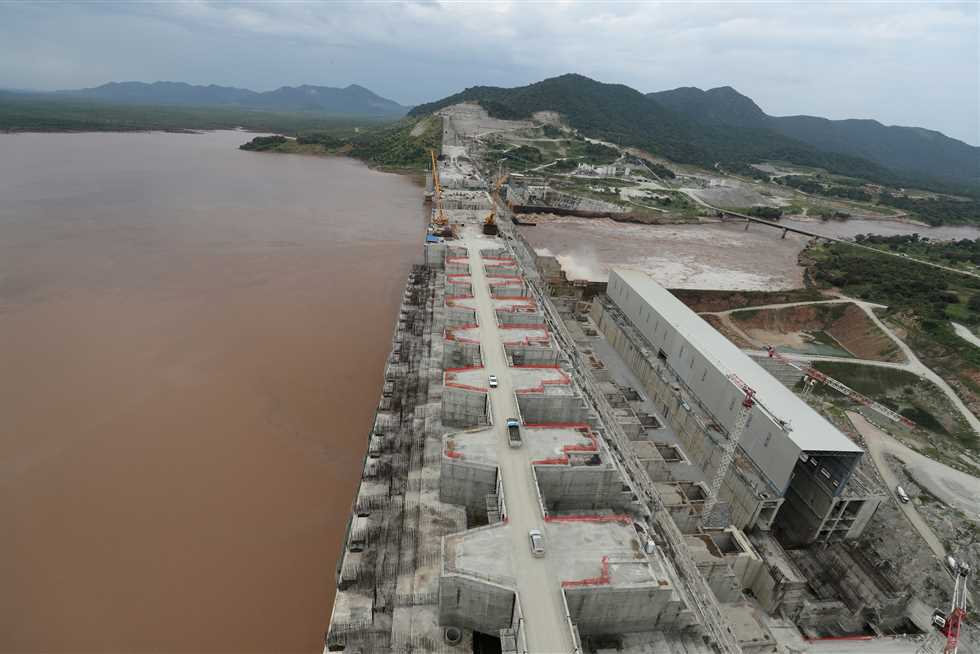
US Secretary of State Antony Blinken affirmed the US supports a diplomatic solution to the Grand Ethiopian Renaissance Dam (GERD) dispute, in a way that protects Egypt’s water needs and supports the interests of all parties.
Blinken spoke with his Egyptian counterpart, Sameh Shoukry, about the GERD dilemma and joint efforts to enhance regional stability.
According to a US statement, the two sides also discussed extensive coordination to end the conflict in Sudan, and support for Special Representative of the United Nations Secretary-General, Abdoulaye Bathily, as he brokers a path hold successful elections in Libya.
They also discussed promoting equal measures of security, dignity, and prosperity for both Israelis and Palestinians.
Blinken welcomed the recent release of Egyptian human rights activists Patrick Zaki and Mohamed al-Baqer and stressed that progress on human rights enhances the partnership between the US and Egypt.
Egyptian President Abdel Fattah al-Sisi and Ethiopian Prime Minister Abiy Ahmed agreed earlier in July to initiate urgent negotiations to finalize agreement by Egypt, Ethiopia, and Sudan on the filling of GERD and the rules of its operation within four months.
Stagnant talks
The Ethiopian government announced on August 11, 2022, that it has completed the third GERD filling unilaterally.
It announced the operation of the second turbine in GERD to generate electric power, which comes in light of the tension between Addis Ababa and Egypt, Sudan due to what the two countries consider a negative impact of the dam on their water shares of the Nile River.
Egypt and Sudan say they want a legally binding agreement on operating the dam, while Ethiopia says any pact should be advisory.
Both countries consider the dam a threat to their vital water supplies, while Ethiopia considers it essential for development and doubling its electricity production.
The downstream nations fear possible blows to water facilities, agricultural land, and overall availability of Nile water.
Negotiations over the dam between Egypt, Ethiopia, and Sudan have stalled for years, with the three parties ultimately failing to reach any agreements.
The disputed dam is the largest hydroelectric project in Africa, with a cost of more than four billion dollars.




